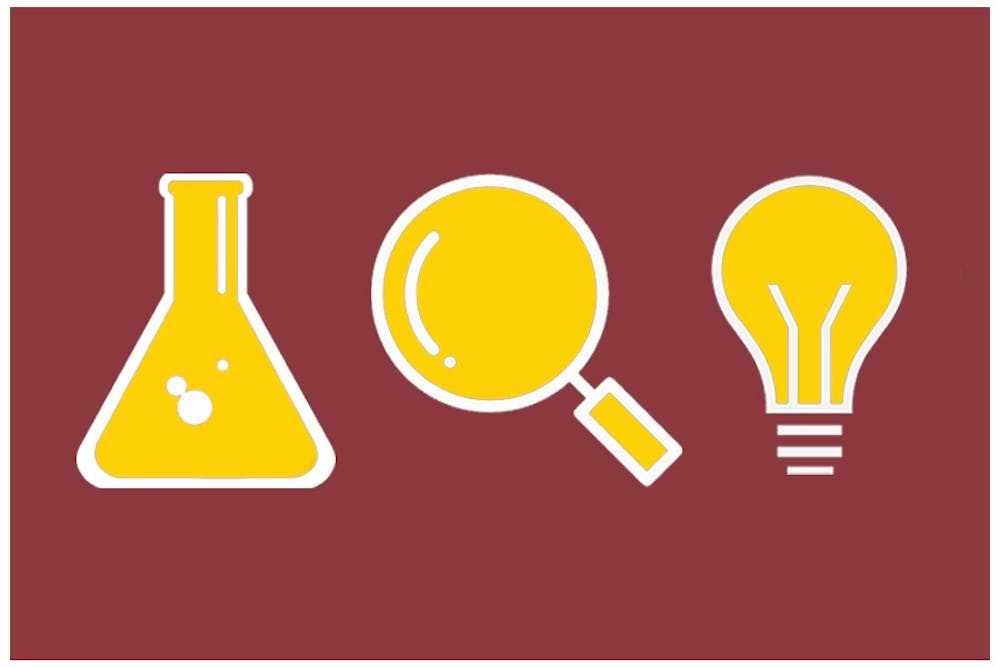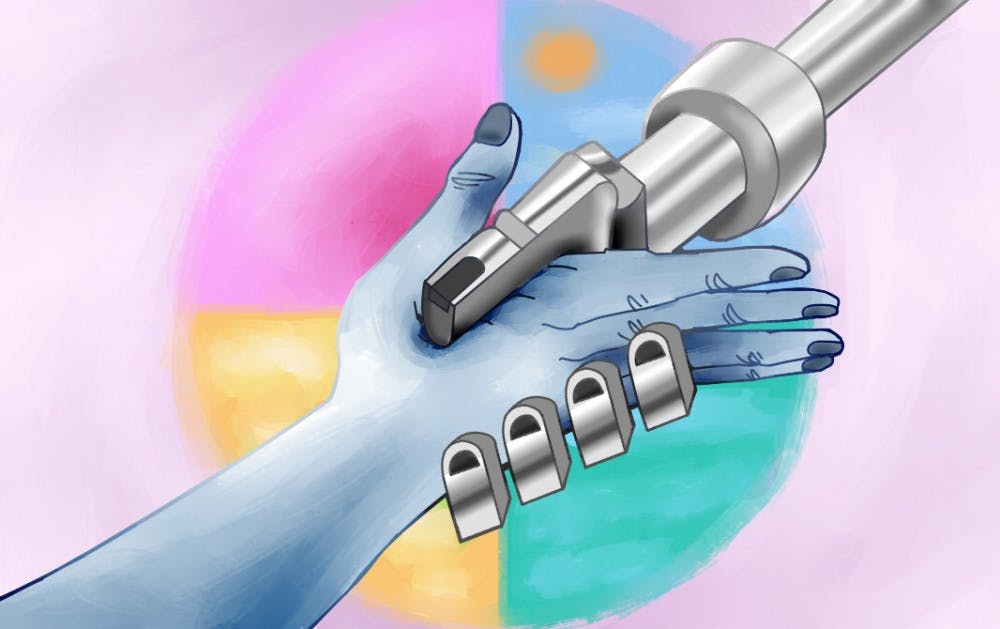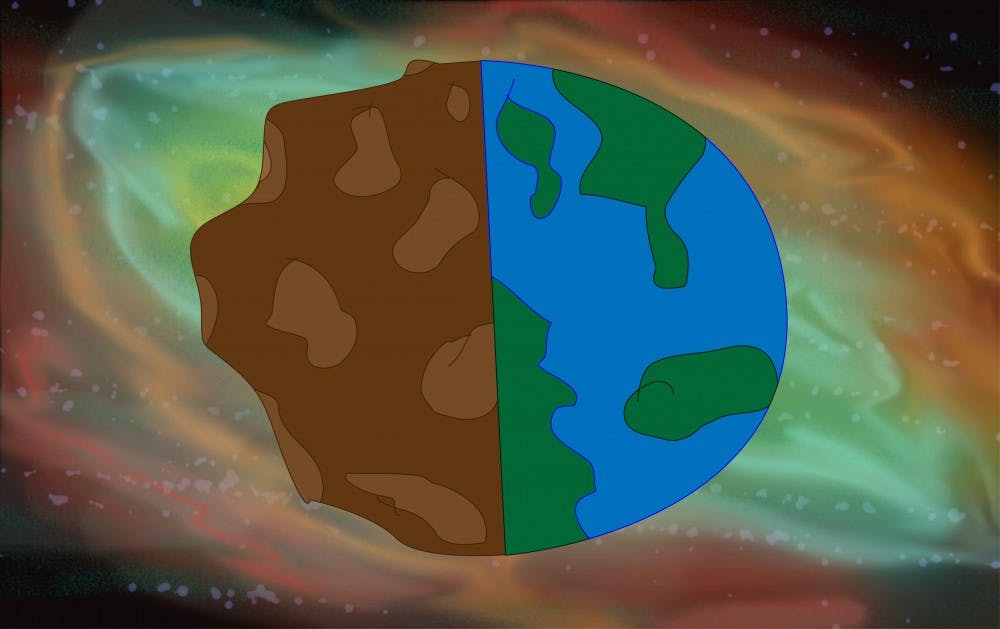This week in ASU research news:
Humankind's relationship with gratitude
Frank Infurna, associate professor in the Department of Psychology, is looking into whether humans' sense of gratitude increases on a day-to-day basis or only grows from serious life-altering events.
Infurna specifically studies changes in the mental health of adults who are faced with hard challenges, changes, stress and more.
In a Q&A with ASU Now, Infurna discussed gratitude in reference to the impending holiday.
"Holidays such as Thanksgiving provide individuals (with) an opportunity to reflect upon the year and think of things they are grateful for happening and future events they are grateful for to be happening," Infurna said. "However, it doesn't always have to be holidays that initiate feelings of gratitude. If done more frequently, possibly every week or every month, this can also lead to the well-being benefits of gratitude."
ASU psychology professor encourages students to eat mindfully during Thanksgiving break
Marisol Perez, an associate professor in the Department of Psychology, researches the psychopathology of eating and obesity. She has found that preventing the overconsumption of food takes mindful eating techniques and an awareness of one's instincts and body.
College students, on average, gain 0.88 pounds for women and 1.3 pounds for men over the holiday season. This research also showed that people gain the most weight on the days before and after the actual holiday.
Perez encouraged students to slow their eating in order to allow their food to process better, which also helps one's body differentiate between cravings and the body's actual need to consume the food.
She also encouraged students to pay attention to chewing the food in order to savor flavor and maximize the positive emotions brought from the act of eating itself, rather than eating as quickly as possible.
This week from the science and technology desk:
Neural-enabled prosthetic hand helps amputees feel again
ASU professor James Abbas, along with a team of researchers, have developed a neural-enabled prosthetic hand system that allows amputee victims to feel once more.
"How amazing is it that you can nearly humanize a prosthesis? If you look back not even that long ago, any mechanical hand looked like two pieces of metal that could just pinch," Michael Collins, a lecturer in the College of Health Solutions, said.
Where did Earth's water come from? ASU scientists may have a new answer
ASU geoscientists have found an overlooked source of Earth’s water. The theory can help scientists understand more about Earth and the hydrogen in its core.
“Before this research, the prevailing theory for the origin of Earth’s water used to be a predominant supply of chondritic materials, like meteorites. These building blocks of the Earth can accrete together and they could eventually de-gas into hydrogen and be oxidized into water," Jun Wu, a research assistant professor, said.
Reach the reporter at jlmyer10@asu.edu or follow @jessiemy94 on Twitter.
Like The State Press on Facebook and follow @statepress on Twitter.






